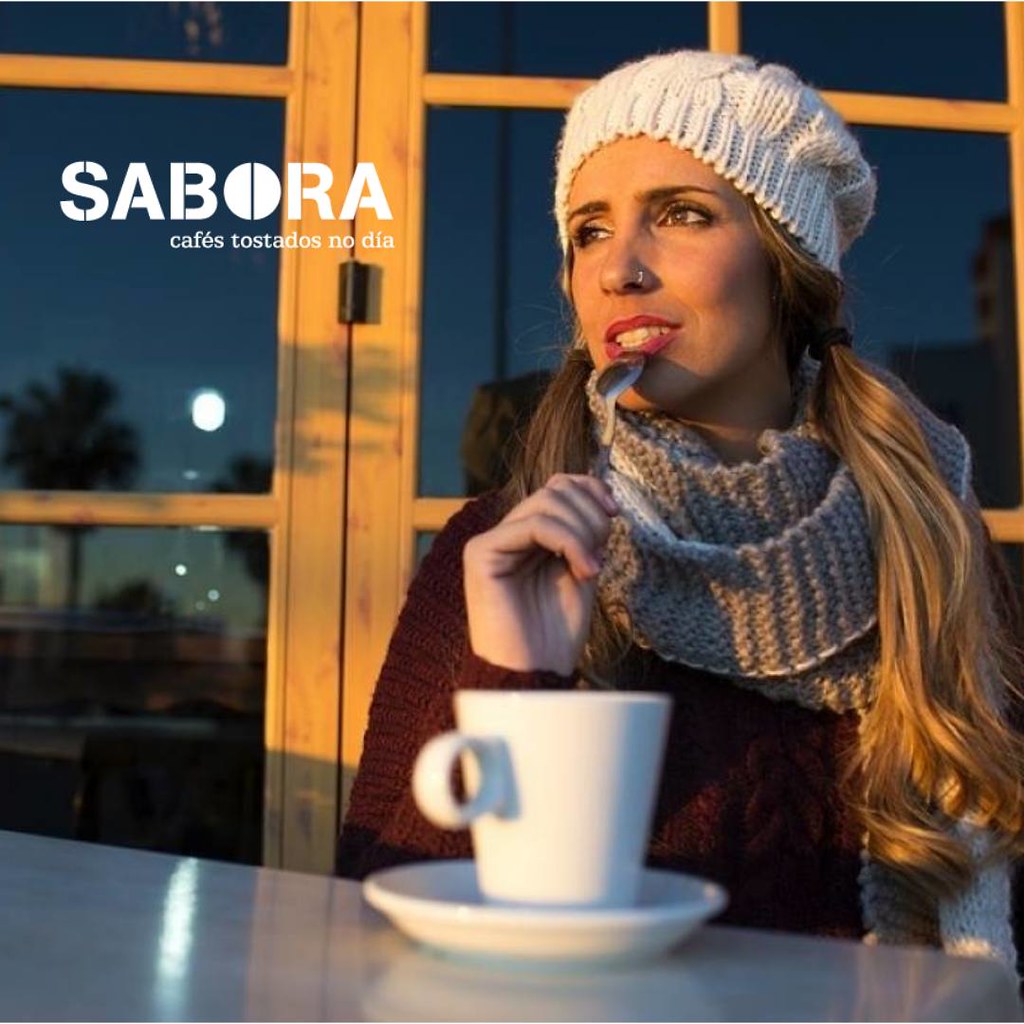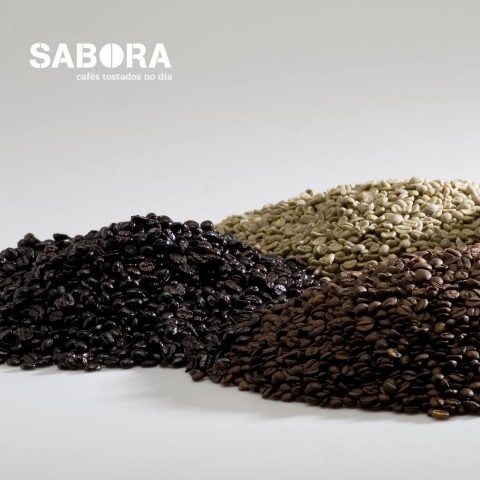0
Coffee lovers usually consume different coffee varieties, from Arabica coffee to Robusta dark coffee.
In the morning, we have a dark or a cut coffee to wake up.
We have different coffee brands in different places: at home, coffee shops or restaurants.
But, have you really thought what kind of coffee do you drink?
Arabica or Robusta, the second one has the double of caffeine and usually half of the flavour and aroma than the first one.
We unconsciously believe that some bars’ coffee is better or make us feel good than the rest or even at home.
It is curious how we consume different coffee varieties according to the moment of the day, in the morning we have a dark coffee while in the evening we opt for a milky one.
Even then, we do not always have the same coffee brand at the same place, neither the same roast degree.
The aim of this post is to differentiate dark roasted coffee and natural coffee, trying to understand what is what.
Is it Arabica coffee? It is produced in Latin America, Asia and the East of Africa and it is subtle requiring more attention and care. In addition, it grows in high lands, has more aroma than Robusta and less caffeine (around 1,1 and 1,7%)
Is it Robusta? It is more resistant to illness and plagues. It grows at less high lands, mainly in Africa and Asia, Vietnam is the main coffee producer of this variety.
This coffee is dark and bitter, has less aroma and more caffeine (around 2,2 and 2,7%)

Another difference is how roasting is done.
Some of you may probably have heard about natural coffee, other may have heard about dark roasted coffee but, what do natural, blend and dark roast coffee mean?
Natural coffee is the only one that has been roasted in a roasting company.
Dark roasted coffee has been added sugar during the roasting process (up to a 15%). When both mixed element reach over 200 degrees, sugar becomes caramel and covers bean.
The original aim of dark roasted coffee was preserving coffee in a natural way, when packaging systems did not exist, but nowadays this does not make sense and even block aroma surface.
In Spain, dark roast coffee is really popular, being one of the few countries – Portugal among others- where this variety is widely consumed.
Dark roasted coffee is dark-coloured and bitter compared to natural coffee.
In Spain, it began to be consumed after the civil war in 1936, due to the lack of resources, like coffee, that people lived by then.
Besides the preservation properties, coffee yield increases up to 20% and get customers order a less quantity of coffee per cup.
The truth is that dark roasted coffee produces a lower quality coffee than natural Arabica, especially if Arabica comes from good production areas and bean is carefully selected.
Although we traditionally consume it, dark roasted coffee is not the best one we can have.
Better if you opt for natural coffee, from which you can get:
More flavour, you could have it without adding more elements.
More quality. Arabica’s varieties offer a wide range of touches to you.
More enjoyment. Natural coffee has not additive, so you can fully enjoy its organoleptic properties.
Also, the organic and eco-friendly production offer an extra care for your health.
Then, your role as a good consumer would be find out which brand in the market you prefer and choose a high quality one.
We must not confuse roasting with coffee blend.
Normally, beans from just one place or origin do not have all the features of a good coffee: acidity, flavour and aroma.
Coffee blend of different origins has the purpose of getting a balanced coffee. There are endless possibilities when blending coffee, and each roasting company can make tailored blends according to customers’ taste, like Café Sabora does.
To sum up it is always better consuming natural coffee than a dark roasted one.
If you may enjoy an Arabica you will get less caffeine, more aroma and flavour than Robusta.
In addition, Arabica can be organically naturally grown in the shade, so apart from the fact of taking care of environment you will enjoy a full-aromatic and flavoured drink.
What type of coffee do you like? Do you like natural of dark roast coffee? Do you look at coffee features or just drink what you are given?
If you liked it, please share it.
We really appreciate your opinion, you can find below the form to leave your comment.

